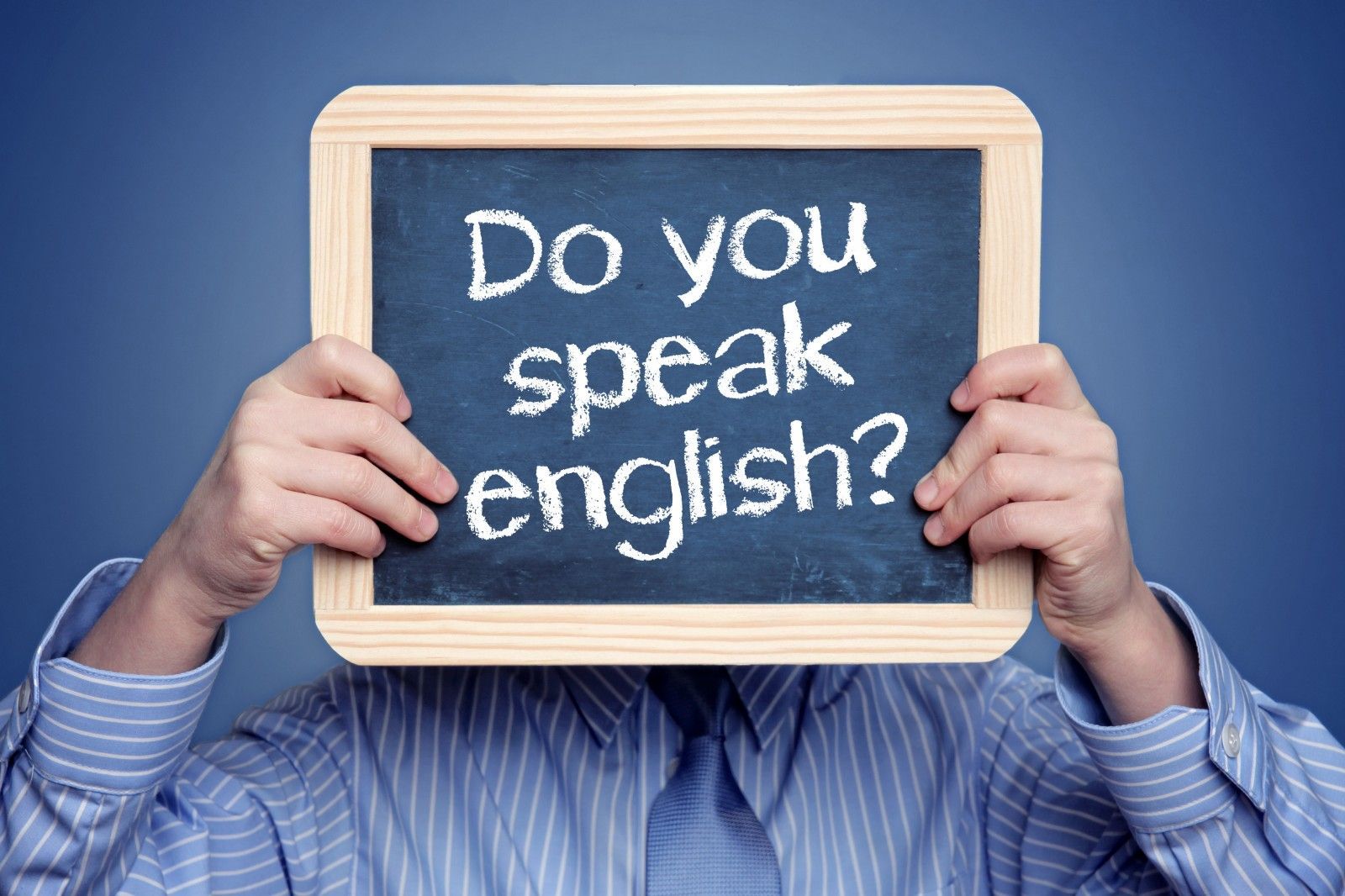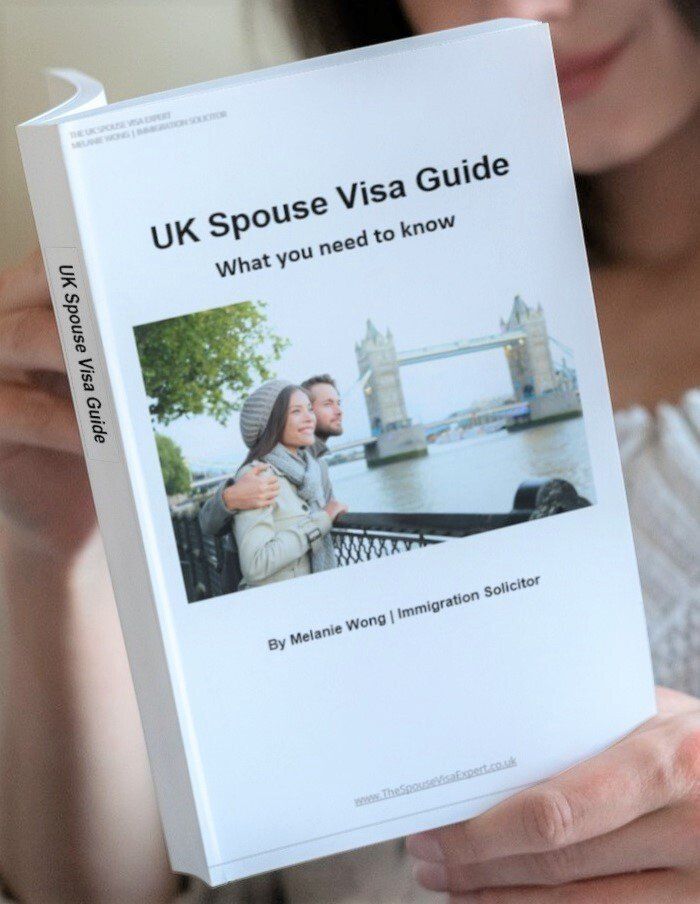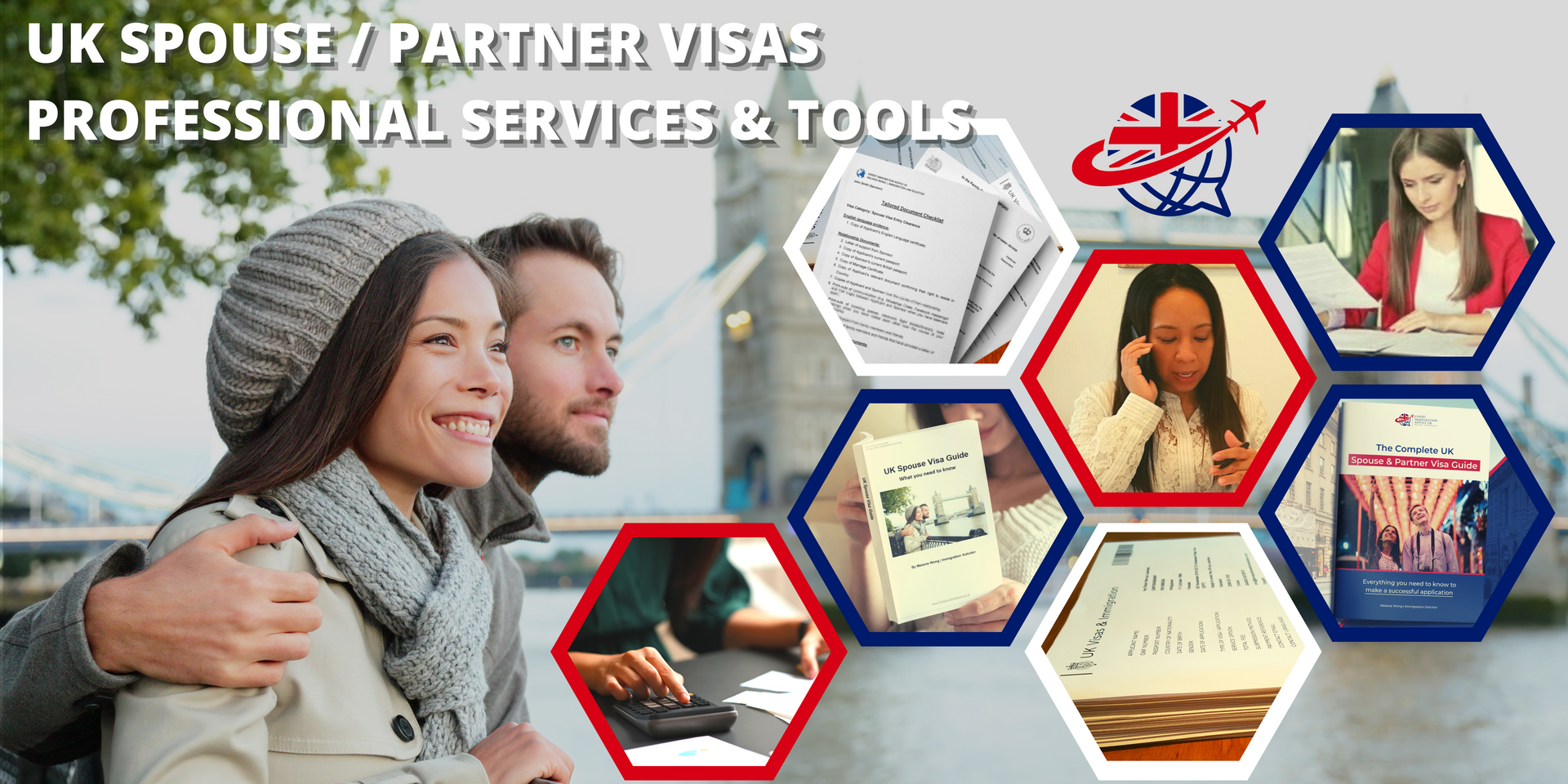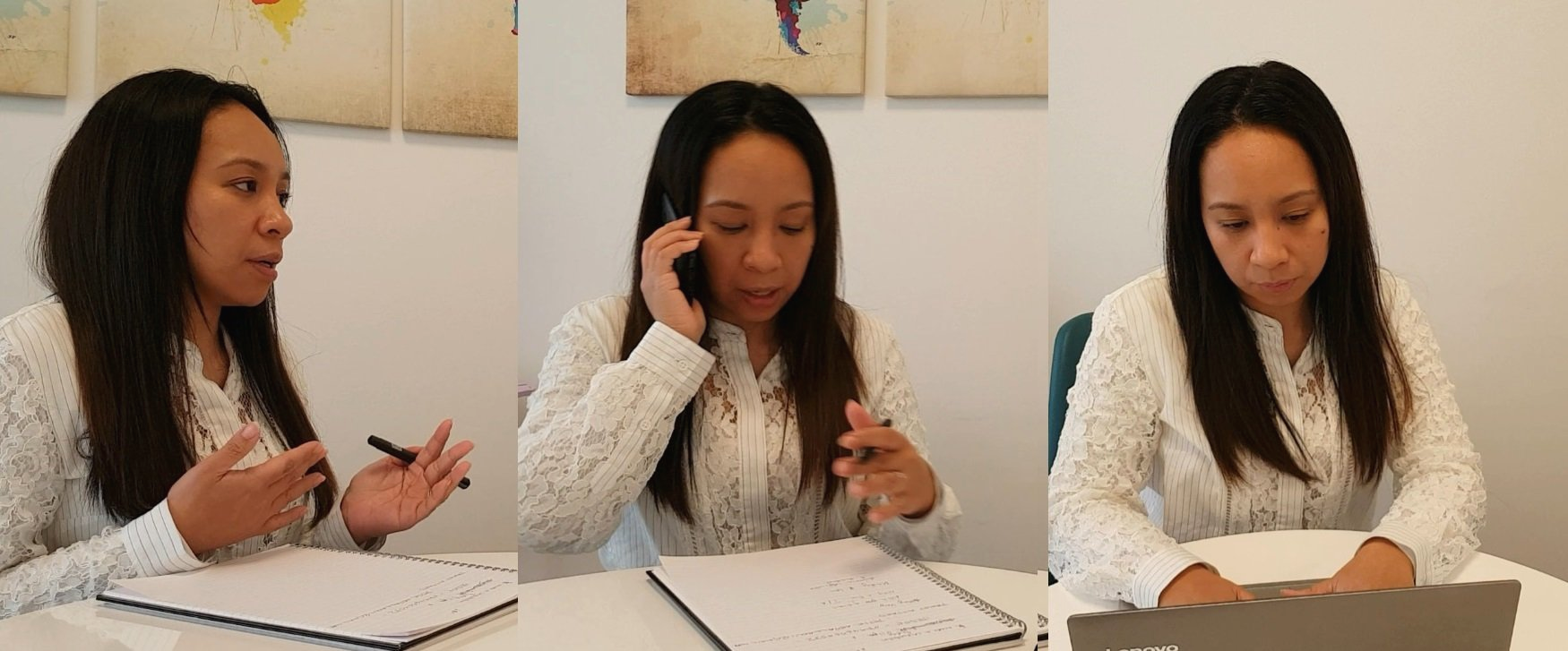What is a UK Spouse Visa?
Applicants that are eligible for the visa include those who are a married partner, a civil partner, or an unmarried partner (those who have been in a committed relationship, akin to a marriage, with their partner for 2 years or more) of the following individuals:
- A British citizen
- A person that has Indefinite Leave to Remain (ILR) in the UK
- An EU National with Settled/Pre-Settled Status in the UK (under the EU Settlement Scheme)
- An Irish National residing in the UK
- A person with refugee or humanitarian protection immigration status
- A Turkish Businessperson visa or Turkish Worker visa holder
The partner who has British citizenship or one of the other immigration statuses listed above, is referred to as the Sponsor. It is also important to note that the marriage or partnership must be genuine and subsisting, and the couple must intend to live together in the UK.
Fiancé(e) / Proposed Civil Partner Visas
A
Fiancé(e) visa or Proposed Civil Partner visa enables you to enter the UK on the basis that you are joining your British or settled partner with the intention of marrying/forming a civil partnership within 6 months of joining them in the UK. Once married, you can then apply for
Further Leave to Remain as a Spouse / Civil Partner.
Who needs to Apply for a UK Partner Visa?
- If you are a non-British Citizen living outside the UK, you need to apply for the appropriate Partner Visa to join your British or "Settled Partner" in the UK.
- For non-British citizens living in the UK legally, (with a valid visa/leave to remain issued for more than 6 months, i.e. not a visitor, and whose visa/leave has not yet expired), you can apply for a Partner Visa while you are in the UK and remain in the UK. - If this is your situation, find out more about 'Further Leave to Remain as a Partner' - Form FLR (M) here.
- For non-British citizens living in the UK as a visitor, or as an overstayer not having a valid visa, you must return home and submit an application from there, unless there are children or other compelling factors involved, which could enable you to submit an application from inside the UK (Further Leave to Remain under Family or Private Life).
Eligibility Criteria for a UK Spouse Visa in 2026
In order for a spouse visa application to be successful, Applicants and there Sponsors must satisfy all of the requirements under Appendix FM of the Immigration Rules, which include:
- The Suitability Test Requirement; and
- The Eligibility Requirement, which includes the Relationship Requirement, the Financial Requirement and the Accommodation Requirement;
- The English Language Requirement; (if they are citizens of countries that are not exempted from meeting the English language requirement) and
- The Tuberculosis Test Requirement (if they are citizens of certain countries, as listed by the Home Office)
Age Requirement
For a UK Spouse Visa application, the minimum age requirement for both partners is 18 years old. This age requirement applies regardless of whether the application is made in England, Wales, Scotland, or Northern Ireland. This is to protect potentially vulnerable individuals from exploitation.
Relationship Status
An essential requirement for a UK Spouse Visa is the relationship status of the applicant. You must be able to demonstrate that you and your British/settled partner are in a genuine subsisting relationship. Your marriage must be legally recognised in the UK, you have met each other physically in person and any previous relationship that you or your partner had with another person, has permanently broken down. Furthermore, the applicant and their spouse must not be within a prohibited degree of relationship, as specified in the Marriage Act 1949 and the Marriage (Prohibited Degrees of Relationship) Act 1986.
Factors which may be considered by the Home Office to assess that your relationship is genuine and subsisting include whether you and your spouse:
- have been in a long-term relationship
- currently live together or have lived together during your relationship
- have children together (biological, adopted or step-children) and shared responsibility for them
- have shared financial responsibilities and commitments
- have visited each other in your respective countries and have met each other's families
- have made definite plans concerning the practicalities of living together in the UK
Any doubts that the Home Office has as to the genuine and subsisting nature of your relationship, may result in them undertaking further checks, including interviewing you and your spouse or visiting you at your home.

UK Spouse Visa Financial Requirement
One of the most critical aspects of a UK Spouse Visa application is meeting the financial requirement. This requirement helps ensure that the couple can support themselves financially without relying on public funds.
The Minimum Income Threshold
The UK government sets a income threshold for the visa to ensure the couple, along with any dependent children, can support themselves financially without resorting to public funds throughout the duration of their leave in the UK. The minimum income threshold for a UK spouse visa is currently £29,000 gross per annum.
There is also no longer a separate child element to the minimum income requirement which was applicable under the previous rules.
Acceptable Sources of Income
The sources of income that qualify to meet the minimum income threshold for UK Partner applications are:
- Salary from Employment*
- Non-employment income e.g. rental income, income from investments, stocks and shares
- Cash savings (over £16,000)
- Pension Income
- Self-employment income*
- Income as a Director of a UK Limited company*
For entry clearance/leave to enter applications, only the sponsor's income from the specified sources (marked with an *) will be accepted by the Home Office. If the applicant is already in the UK and extending their current spouse visa, their income from any of the above sources can be used for their application.
Suitable Accommodation
Additionally, you must also have adequate accommodation for you and any dependants that live with you in the UK. Accommodation will be deemed adequate if you and your partner will be living in a property that is:
- Exclusively occupied or owned by you and your partner – do note that while part of the accommodation (e.g. the bedroom) must be for the exclusive use of you both, the remainder of the accommodation (e.g. the kitchen or bathroom) may be shared as part of a house-share or with family or friends.
- Not overcrowded – whether accommodation is deemed overcrowded is dependant on the room size/s and the occupants’ age/s, but please note that all individuals (other than you and your partner) living in the accommodation will be taken into account when assessing if the property is overcrowded.
Exemption from the Financial Requirement
You are exempt from having to meet the minimum income threshold if your spouse/partner is in receipt of specific benefits or allowances listed below:
- Disability living allowance
- Severe disablement allowance
- Personal Independence Payment
- Carers’ allowance
- Attendance allowance
- Child Disability Payment
- Adult Disability Payment
- Industrial injury disablement benefit
- Police Injury Pension
- Armed Forces Independence Payment or Guaranteed Income Payment under the Armed Forces Compensation Scheme
- Constant Attendance Allowance, Mobility Supplement or War Disablement Pension under the War Pensions Scheme
- Industrial injury disablement benefit
In this instance, you will need to evidence that you and your partner have adequate accommodation and sufficient funds to support yourselves without any additional public funds. Your income and housing costs will be included in this assessment.

The English Language Requirement
Unless you reside in a country where English is the primary/dominant language e.g. USA or Australia, you will need to demonstrate you have good knowledge of the English Language. This can be met by either:
- Having a degree or academic qualification that was taught or researched in English and recognised by Ecctis (Formally UK NARIC)
- Passing an approved English Language Test in speaking and listening at a minimum level of A1 of the Common European Framework of Reference for Languages (CEFR). - For a spouse visa extension, you will need to be to pass a test at a minimum level of A2.
You are exempt from meeting the English language requirement if:
- You are aged 65 years or over
- You have a physical or mental condition that prevents you from meeting the requirement
TB Test Requirement
If you have been living in a country (for 6 months or more and within the last 6 months) which is listed in the Home Office's list of countries that require tuberculosis (TB) screening, you will also be required to take a TB test at a Home Office approved clinic.
At the test, you’ll be given a chest x-ray to test for TB. If the result of the x-ray is not clear you may also be asked to give a sputum sample (phlegm coughed up from your lungs).
If your test confirms that you are clear, you will be given a certificate which is valid for 6 months from the date of your x-ray which you will need to provide as part of your application.

What Documents are Required for a Spouse Visa?
To demonstrate that all of the requirements are met, supporting documents from both the Applicants and their British/Settled Partner must be submitted, AND that these documents comply with Appendix FM-SE (Supporting Evidence) of the Immigration Rules, i.e. the documents you submit must be relevant for your specific circumstances. The information and the relevant documents you must provide can include:
- Your completed application form and confirmation of paying the application fees
- Your current passport or valid travel document
- Your previous passports including visa stamps
- Evidence of your genuine and subsisting relationship (e.g. marriage certificate, photographs, communication with each other).
- Proof you meet the English language requirements (e.g. English language test certificate).
- Proof you meet the financial requirements (e.g. bank statements, letter from employer, payslips)
- Details of any previous immigration applications you have made
- Details of any criminal convictions
- Your national insurance number (if you have one)
- Proof of adequate accommodation in the UK
- Biometric information (fingerprints and a digital photograph).
- Tuberculosis test certificate (if applicable)
Want more Professional Support and Guidance for your
UK Spouse Visa Application?
We take huge pride in helping thousands of couples to successfully navigate the UK Spouse / Partner Application process.
To help you achieve a successful outcome for you/your loved one(s), we have put together a range of Services and Tools specifically for UK Spouse and Partner Visa Applications including Step-by-Step Guides, Templates, DIY Application Packs, Documents Checking Service and More!
How Much does a UK Spouse Visa Application Cost?
The Home Office Fee
The Current Home Office fee for all family member visa applications made outside the UK is
£1,938. For applications made inside the UK (i.e. for extensions or those
switching to the partner route from another visa category), the fee is
£1,321.
The Immigration Health Surcharge
For all partner visas with a term over 6 months (i.e. NOT Fiancé(e) or proposed civil partner visas), you will also need to pay for the Immigration Health charge which gives you access to the National Health Service (NHS) for the duration of your visa term. This fee is mandatory and is currently £3,105 (for entry clearance visa applications). The IHS fee for applications being made inside the UK is currently £2,587.50.

Application Process for a UK Spouse Visa
The application for a UK partner and spouse visa is completed online (on the Home Office website). The application process can be broken down in the following steps:
- Be sure you satisfy the eligibility requirements for a spouse visa
- Gather and organise your supporting documents
- Complete and submit the application form online (note: If you are applying outside the UK i.e. for entry clearance with any dependants, you will need to submit a separate application for each one, and pay the required fee/s)
- Make the IHS fee and application fee payments
- Book your Biometric appointment at your local Visa Application Centre (VAC)
- Attend your VAC appointment to provide your biometrics (your photo and fingerprints)
- Await your decision from the Home Office
How Long Does a Spouse Visa Application Take?
The average time for the Home Office to make a decision on a partner visa uk application is currently 3 to 4 months. The official guidance for a decision is within 24 weeks.
You also have the option to fast track your application by paying an additional fee (for the Priority Service).
Priority Service for Applications outside the UK
If you are applying outside the UK, the fee for the Priority Service is currently £500. If you opt for this, you should get a decision within 30 working days.
Priority Service for Applications outside the UK
If you are applying from inside the UK, the fee for the (Super) Priority Service is currently £1,000. If you opt for this, you will get a decision within 1 to 2 working days.
Delays in your application being processed can occur if the Home office require more information or further documents to support your application.
What you Can and Can't do on a Partner Visa UK
You Can:
- Apply for this visa outside the UK
- Switch to this visa from another visa category from inside the UK (*not as a visitor/tourist)
- Extend your visa to remain in the UK (via FLR M)
- Work
- Study
You Cannot:
- Claim benefits/other public funds for you or your dependants (though there are exceptions to this)
- Apply for UK settlement until you are eligible to do so i.e. have been in the UK on this visa for the required period of time (5 years)
What Happens When the Application is Successful or Unsuccessful?
If your Spouse Visa Application is Successful
If an application is successful, the Applicant is granted with an eVisa. You will be granted a maximum period of 33 months (2 years and 9 months) leave to remain in the UK. The expiry date of your leave will be confirmed in your decision letter and on your *eVisa which you will access via your UKVI account.
Spouse Visa Extension
Before your current visa expires you can extend your leave for a further 2 and a half years. Your relationship with your spouse must remain genuine and subsisting, and you must be able to satisfy all the requirements for Further Leave to Remain as a Spouse (FLR M).
Eligibility for Indefinite Leave to Remain as a Spouse
Once you reach a minimum (continuous) period of 5 years' on your spouse visa, you will be eligible to apply for Indefinite Leave to Remain in the UK (ILR). Having ILR, also known as having settled status or permanent residence, means you are free of immigration control with the permission to live, work and/or study in the UK for as long as you like, and also apply for benefits if you’re eligible.
Once you have acquired Indefinite Leave to Remain, you are also eligible to apply for British citizenship.
If your application is Unsuccessful
If your application is refused, you can make a fresh application, or you also have the option to appeal the decision to the First-tier Tribunal (Immigration and Asylum Chamber).
It is important to note that Immigration appeals can take many months to be heard and determined. It is highly recommended that applicants seek legal advice before proceeding to appeal a spouse visa refusal decision.
If your spouse or partner visa application has been refused, contact us to discuss and assess your options to ensure a successful outcome for you and your partner.
Can I include Children on my Application?
Children under the age of 18 can apply with you. The relevant Home Office and IHS fees for must also be paid for each dependent that is also applying. If you are making your application(s) outside the UK, a separate application form must be completed for each child.
Any dependent children over 18 that are with you in the UK can only apply with you providing they were originally granted leave in this category when they were under 18 and do not live an independent life e.g. They have left home, are married and have a family of their own.
If you have any concerns about meeting the requirements, or submitting the correct documents to support your application,
Contact Us now for expert advice and full peace of mind that your application will be successful.
Want your Application to be completely managed by a UK Spouse Visa Specialist?
- Get Expert Advice and Support to submit your UK Spouse/Partner Visa Application.
- Get Full Guidance on Satisfying all of the Requirements and ensuring you have the correct Supporting Documents.
- Have your Application processed Quickly and Efficiently.
- Ensure your Application has the Highest Chance of Success.
Service Rated Excellent by Clients
Sample Partner Visa Cases: Below are some examples of previous cases Melanie Wong has handled
1. Fiancée Visa Application:
Question: A is a British national living and working in the UK. B is an American citizen currently living and working in America. They are engaged and have already met in person. They would like to get married in the UK and for B to eventually settle in the UK with A permanently. A cannot travel to America because of a previous criminal conviction, and so they cannot marry in America. What can they do?
Answer: Because A is a British national, and B is a non-EU National and would require a visa to settle permanently in the UK, B has to apply for a fiancée visa, or what is termed as "entry clearance as a fiancée of a person present and settled in the UK."
The first step is to ensure that they have gathered all of the supporting documents they need to submit in support of the application.
Once all of these are ready, the application form must then be completed online and submitted. The couple also need to ensure they know the procedure of submitting the documents i.e. whether they can be uploaded electronically or brought with them at the biometric appointment (see post on where to submit supporting documents here).
The biometric appointment must then be booked and the visa fee paid. I always advise for the visa fee to be paid online to ensure less delays for the applicant when they attend their biometric appointment. (For fiancé(e)/proposed civil partner applications, the I.H.S. fee is not applicable). Then the applicant attends their biometric appointment and wait for the decision from the UKVI.
If the application is successful, their passport will be stamped with a "vignette" which will be valid for 6 months, maximum. B must enter the UK within this time frame, and also get married.
As soon as they are married, or at least 28 days before their fiancée visa expires, B must then apply for leave to remain in the UK as a spouse of a person present and settled in the UK. This is a separate application which means paying a separate fee to the Home Office, as well as the I.H.S fee. The application can be made while B is in the UK. If successful, B will be granted with an initial 2 and a half year leave. B will then need to apply for an extension shortly before this expires (at least 28 days before expiry). If the extension application is successful, B will be granted with a further 2 and a half year leave. After at least 5 years on the Spouse Visa route, B will be eligible to apply for Indefinite Leave to Remain (ILR) in the UK, providing all of the requirements for ILR are met.
2. Spouse Visa Application- British Spouse is Living and Working in the UK and earns at least £29,000 gross per year
C is a British national and recently got married to her husband, D, in India. He is an Indian national. They do not have children together or with former partners. C lives with her parents in their house in Kent, which they own. C also lives with her brother, his wife and their 2 children aged 2 and 5, also in the property. The property has 4 bedrooms and 2 separate reception rooms. C would like for D to join her permanently in the UK.
D requires a visa to enter and remain in the UK, and so would need to apply for a spouse visa to join C permanently in the UK. As above, they must ensure that they have gathered all of their supporting documents first before submitting an application form online. The visa fee and the IHS fee must also be paid, and the biometric appointment booked. D must attend the biometric appointment and bring with him all of the supporting documents, which he or a member of staff at the visa centre, must scan. The scanned documents will then be sent to the UKVI electronically.
D must then wait for the decision. As they did not pay for the Priority Visa Service to expedite the application, the decision takes about 4 months. If the application is successful, D will have a vignette on his passport which will only be valid for 30 days. He must then travel to the UK within this time frame. Within 10 days of arriving in the UK, or at least before his vignette expires, he must obtain his Biometric Residence Permit (BRP) Card from his local participating Post Office. The BRP Card is important because it confirms his details as well as his immigration status in the UK- i.e. that he has a spouse visa. The issue date and the expiry date will also be on the BRP card.
Need UK Spouse Visa Advice?
Fill In Your Details Below for Expert Advice














